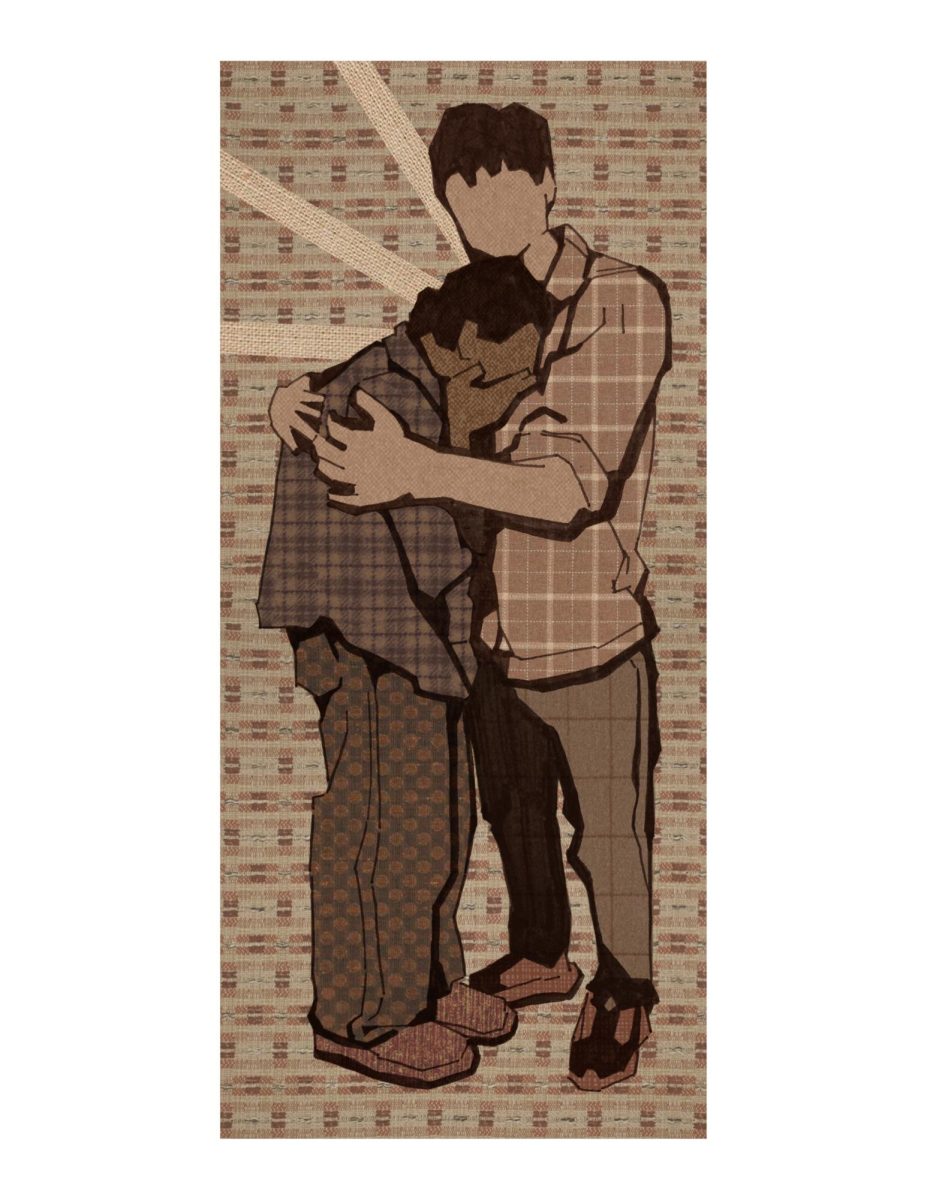In my four years at this university, I’ve observed an ongoing, campus-wide discussion about how gender informs our lives as Christians. I find the persistence of this discussion encouraging, given its universal importance and the time required to process its intricacies. I worry, however, that we’ve grown to expect stagnancy in the discussion rather than progress, and I suggest that the discussion cannot advance until it asks more direct — and difficult — questions.
The discussion that I currently see playing out on our campus, and in larger Christian circles, involves two main positions, tacitly considered mutually incompatible. The first position asserts that men and women are fundamentally different, and the second asserts that men and women are fundamentally equal. Each position suggests that its respective cross-gender comparison should claim primary importance in informing our interactions with both men and women. One position prioritizes difference; the other prioritizes equality.
The trouble with thinking of the major positions in these terms is that, thus conceived, they are not only compatible — they are both obviously true. If the dividing question were really, “Are there fundamental differences between men and women?” then we would be overwhelmingly complementarian. The fact that we can distinguish between men and women at all indicates a real distinction, even if it is only biological. And if the dividing question were really, “Are men and women equal?” then we would nearly all — I hope — be egalitarians. The view that one gender is of more intrinsic value than the other is, to my mind, plainly untenable.
If we expect to maintain a real, fruitful discussion then we must first get clear about our terms, and that will necessarily entail asking a more difficult dividing question — one more practical than theoretical, and one that demands real deliberation. Namely, we should ask: Are there roles in the church or the family which it is inappropriate, in every case, for some people to hold solely on account of their gender? This seems to be the question about gender that most definitely divides thoughtful Christians ideologically, and also the one we seem the most timid to broach.
The available responses to this question really are diametrically opposed, unlike the positions sketched above, and most of us know reasonable Christians who would argue for each one. The question is so direct and practical that both possible replies risk abrasiveness. A firm stance on the legitimacy of women in pastoral roles, for instance, is bound to arouse contention no matter which stance one takes toward it. Perhaps this accounts for our unwillingness to confront the question head-on. But we must.
A final note: If the question at hand is whether a person’s gender can fundamentally unfit him or her for certain duties in the church or family, then I suggest that a greater burden of proof rests on those answering in the affirmative. It strikes me as intuitive that we should allow people to serve in accordance with their willingness and ability, regardless of gender, unless a truly knock-out argument can be offered to the contrary. The person who argues that women are categorically unfit for pastoral roles, for instance, ought to be prepared to offer a compelling case concerning what requisite pastoral qualities some men have that all women lack. And that doesn’t strike me as an easy case to make.







